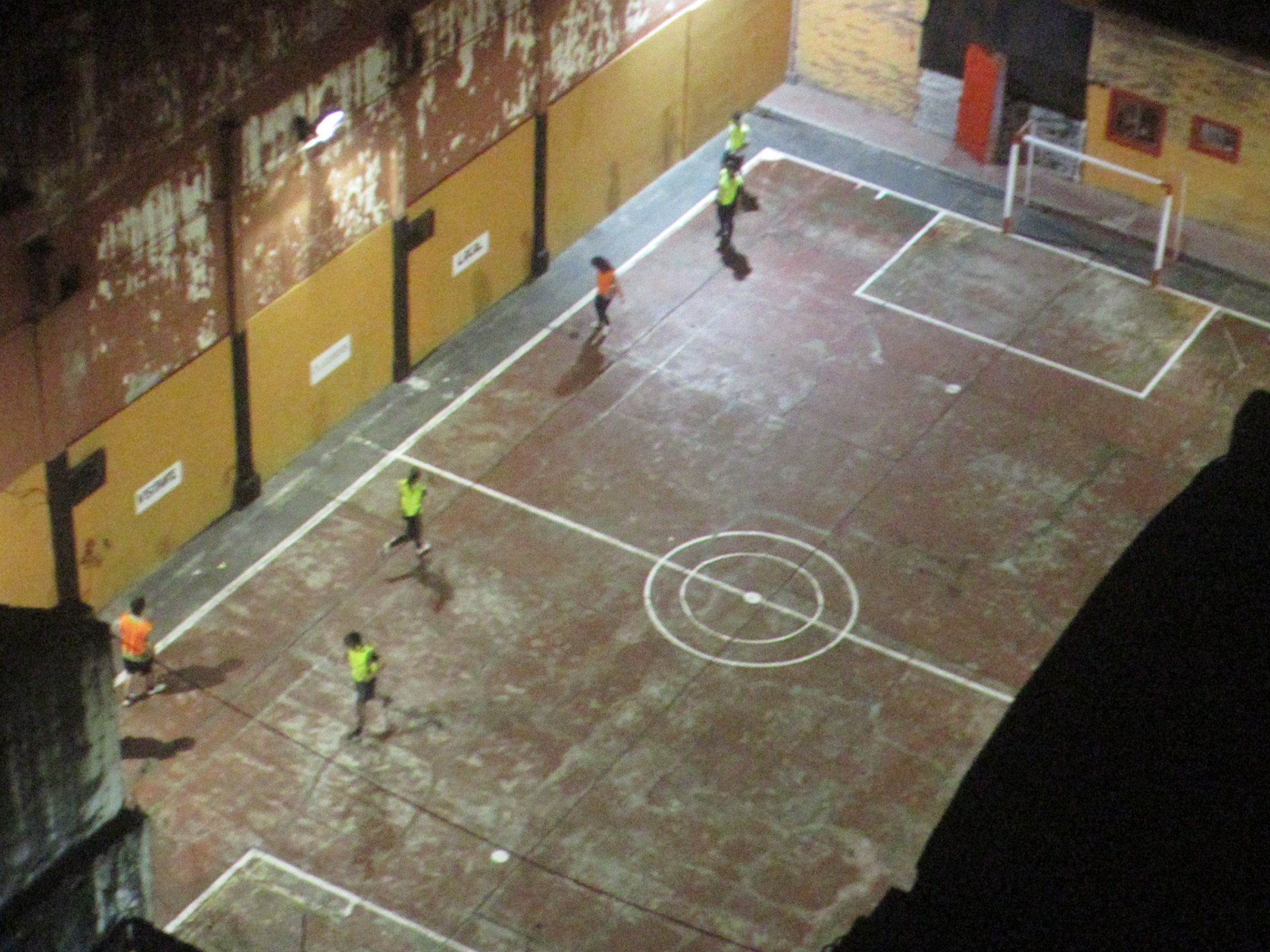There is a type of film that tells a story from Shakespeare, with or without his language, that happens in a time and place that might be called “a world without Shakespeare.” A plot unfolds that is recognizable as that of a Shakespeare play. But, a funny thing about the unfolding: in a milieu that would logically include a knowledge of Shakespeare, such that one or more of the characters ought to recognize that they are enacting a familiar tale, they somehow don’t. In, for example, Basil Deardon’s All Night Long, which transposes the plot, but not the language, of Othello to the jazz scene of the ’60s, the parallels are stark, but not a soul among the artistically sophisticated dramatis personae notices. Things get even stranger when both plot and language are pulled into a later time, as in Almereyda’s Hamlet 2000 or Whedon’s Much Ado About Nothing: excluded from the update is a cultural knowledge of the very lines that are being performed.
The implications of this odd, somewhat unnerving effect, and whether it is a flaw or a virtue, vary among adaptations, but it is not trivial. Eliding Shakespeare from a time period later than his own is, in a certain sense, like the time traveler in Bradbury who steps on a butterfly and changes the future he returns to. A world without Shakespeare is historically, culturally, stylistically, philosophically, and even morally altered from our own. We are reminded of how historical figures, and what they represent, shape consciousness and wonder how we might think, act, and feel had they not existed.
The butterfly effect is not universal in re-contextualized Shakespeares. Movies like Kiss Me Kate or A Double Life, or TV’s Slings and Arrows, are about actors in plays that mirror or influence their lives in various ways: worlds with Shakespeare, in a big brush way, acknowledged by all. There is also, however, a different kind of adaptation that, keeping Shakespeare in the world, taps his deeper cultural presence, in ways richer than a mere correspondence of plot or character, an influence there but not always definable, more as a language affects us, or the country we are born in, or a regular pastime. John Ford did it with Hamlet in My Darling Clementine, Kristian Levring with King Lear in The King is Alive, and Godard with Romeo and Juliet in Band of Outsiders.
On the subtler edges of this continuum fall three works by the Argentine director Matías Piñeiro, Rosalinda and Viola, colored by As You Like It and Twelfth Night, and now, in a limited release, THE PRINCESS OF FRANCE, in which an internet-radio production of Love’s Labour’s Lost poetically intertwines with the friendships and love lives of the actors. Shakespeare is deeply a part of the world of young, cultured, literary Buenos Aires that Piñeiro captures, even though the language is Spanish. What is unwritten, or not said, in the lives of the actors, is touched by his presence; his patterns illume the rules they play by, and break; and it works in reverse too. The pickup soccer game on which the cast list is superimposed, and the Schumann that plays over it, find their way into the love game of the play and the tenor of its words. There is a scene halfway into the film, in which its women are sitting before microphones, around a table in a darkened room, reading from the play, that is one of the most lyrical Shakespearean sequences I’ve seen on film, a chamber comedy in the key of chance.
THE PRINCESS OF FRANCE is, as a piece, like that, music and allusion more than plot. Piñeiro grasps the poetics of repetition, filming one scene, not of the play, but of the actors’ lives, three times, before finding a strand to pull forward. Love’s Labour’s Lost is heard only in parts, suggestive and incomplete. How it reflects the lives of the young people who play the roles in it isn’t spelled out, but they live in a world in which it exists, vibrantly. Shakespeare’s story is about men who have foresworn women; it seems, if anything, to be the opposite in the lives of Piñeiro’s actors. They emerge as a sort of generational portrait, of the smart and talented seeking a way by art through a world of scant possibility. The closing credits, which are not long, must be sat through, for THE PRINCESS OF FRANCE ends with an epilogue, in dulcet voiceover, by one of the women. But it is not, lest we be misled, from Love’s Labour’s Lost. Shakespeare is so much in the warp and woof of Piñeiro’s world that Rosalind’s great last speech in As You Like It has been snagged instead.
Check online listings for viewing options.

One response to “The Princess of France”
[…] Shakespeare might connect him to their lives. He did this this first with Viola (a short), then Princess of France, now HERMIA & HELENA. If there’s a parallel to Piñeiro’s films, it is Eric Rohmer’s […]